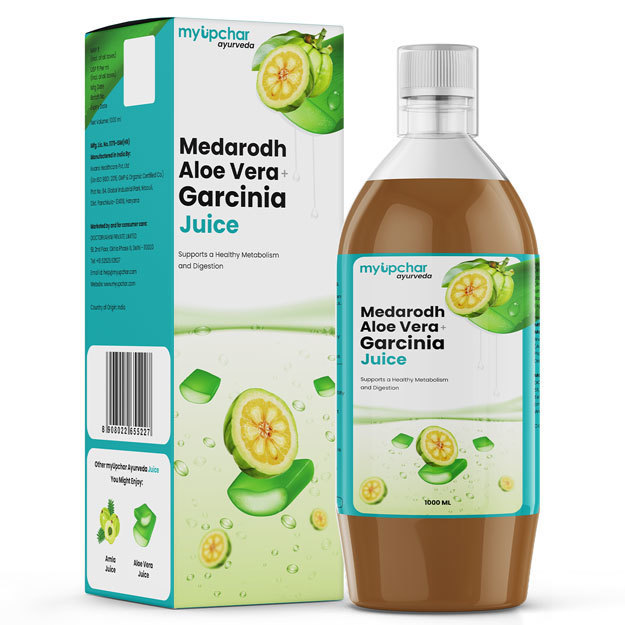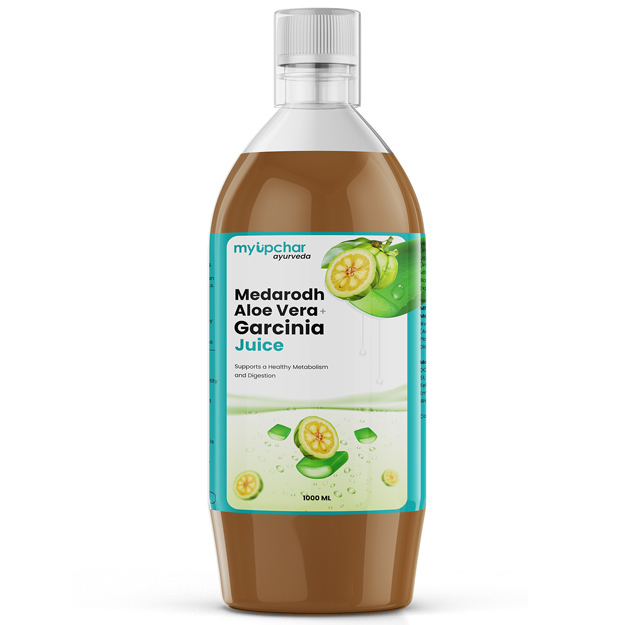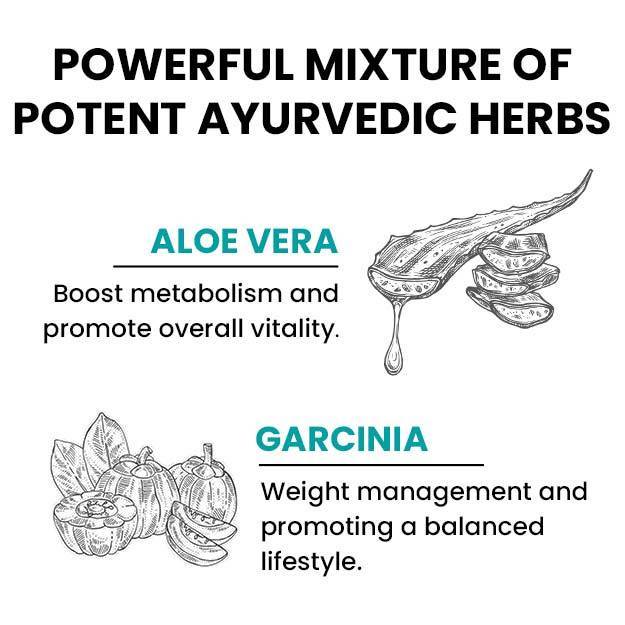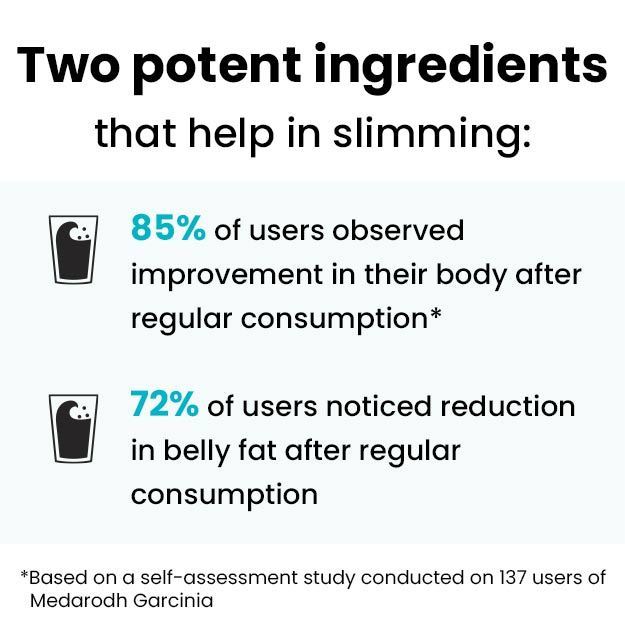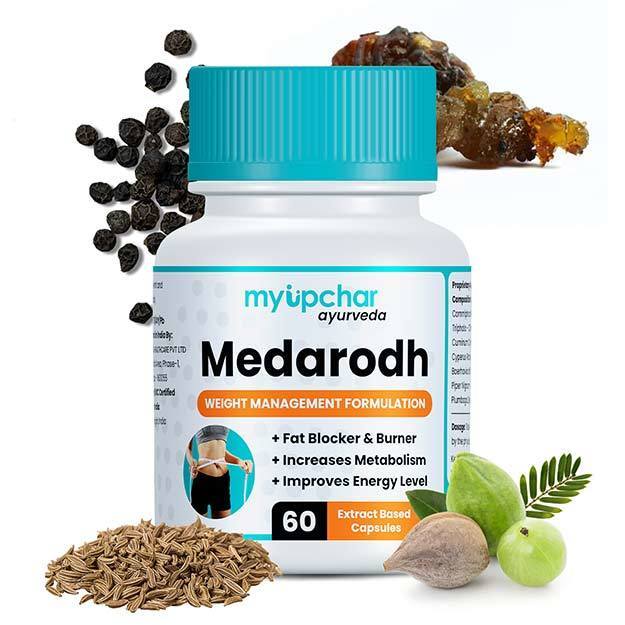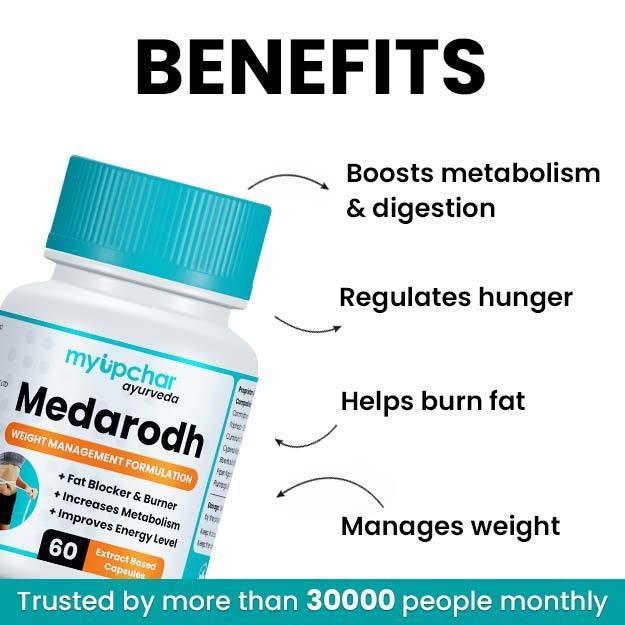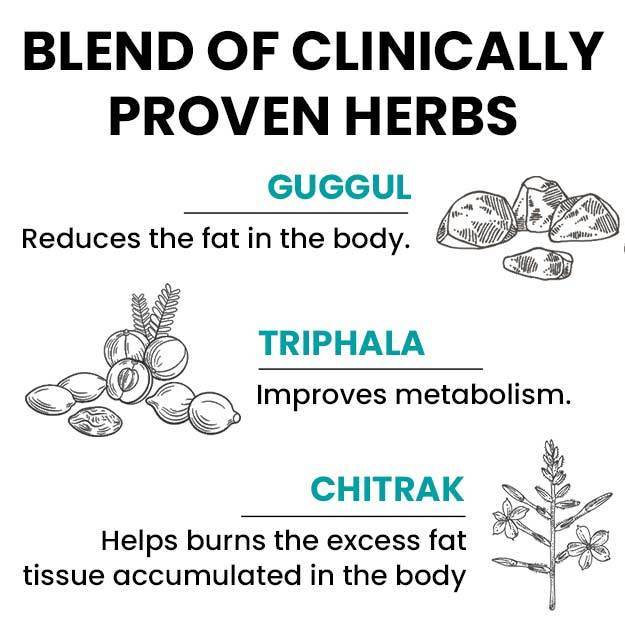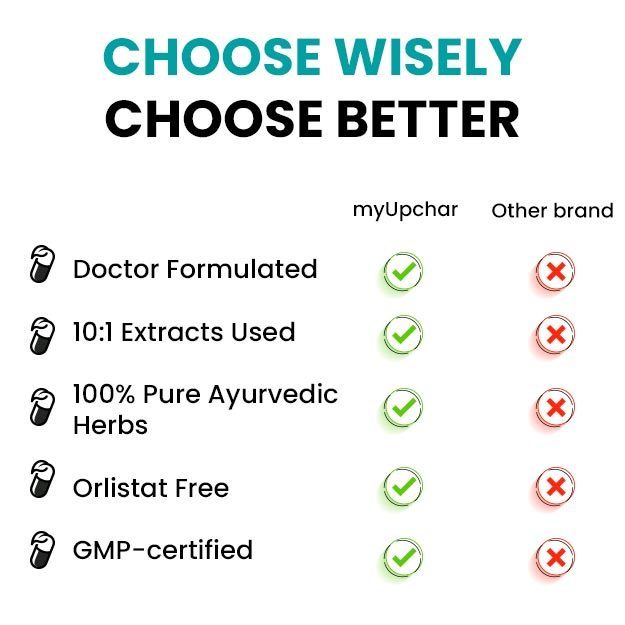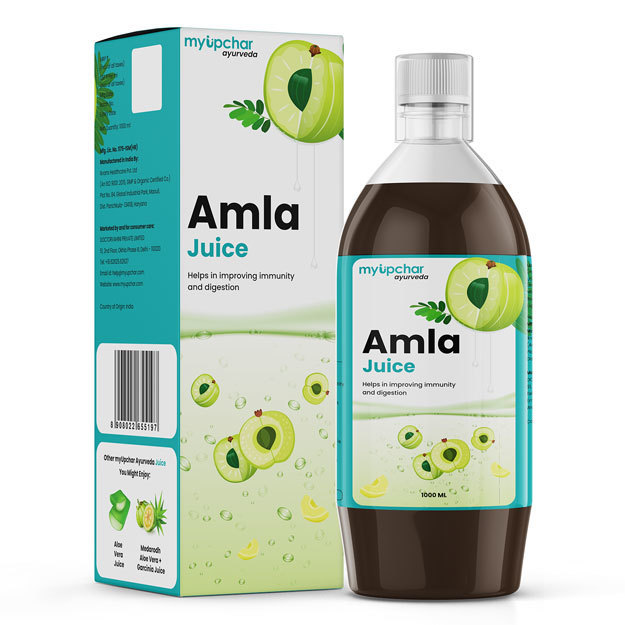We use herbs and spices to garnish and add flavour to our food. Just a teaspoon of a freshly ground spice and a sprinkling of an herb can make the most straightforward dish a delight. If you can add flavour to healthy food, you can turn around your diet, eat right and even enjoy yourself in the process. For those who are just getting into cooking, experimenting with spices is a good way to understand flavour profiles. Studies have shown that people who cook their own food are likely to be healthier - mostly because the ingredients are fresh and all the harmful additives in processed foods are avoided.
Please click on this link to know better weight loss treatment.
Hot spices are used for all sorts of home remedies - they are known to soothe sore throats, help the body get rid of phlegm and even assist in bowel movements. But can spices play an even bigger role in our health? There is growing evidence to suggest that some spices can help us reduce weight. This is explained in part by the fact that spices may add some heaviness to our food - you might feel more full after eating food laced with spices.
Read more: How to lose weight
Other research suggests that certain spices have anti-inflammatory properties. Our understanding of obesity has grown more sophisticated - it is not simply understood as caloric excess anymore. Studies have shown that inflammation can trigger hormonal changes in the body that influence the way fat accumulates in the body. Inflammation can also alter the composition of good gut bacteria, and this imbalance can cause us to gain weight.
Read more: Probiotics
Since some spices have anti-inflammatory properties, they can in theory help us lose weight. Animal studies have shown proof of concept - rats with altered diets have shown promise in weight loss, and we know that certain types of inflammation are increased in people suffering from conditions that are worsened by obesity. Having said that, there is a dearth of long-term human studies looking at the matter, so more research needs to be conducted to make any weight loss claims with authority. Also, note that the studies that have been conducted have focused on key ingredients within spices in large doses - larger than what we get from consuming spices with our food.
The following is a list of spices that may have some promise when it comes to weight loss:





